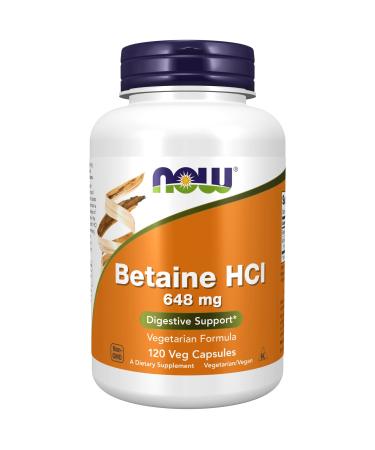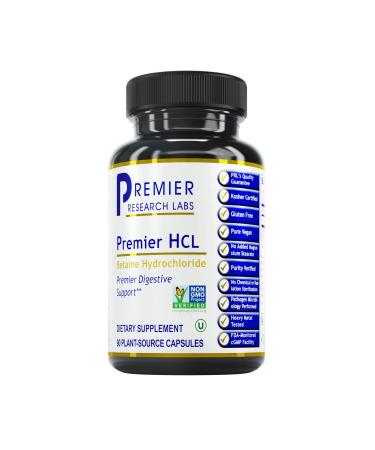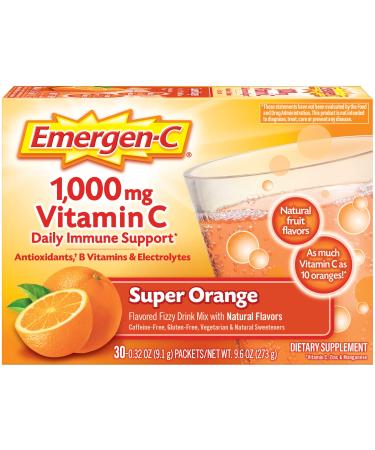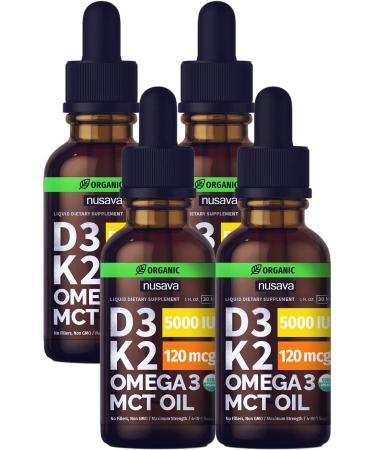Betaine HCl Pepsin & Gentian Bitters contains three nutritional factors that perform complementary functions designed to support the efficiency of the digestive process. Research suggests that the efficiency of stomach acid production may be altered with the ageing process. Supplementing with Betaine HCl may support the stomach's digestive capacity. Pepsin is an enzyme produced by the body to digest protein-containing foods in the stomach. Pepsin works in conjunction with stomach acid to support protein digestion. Gentian is an herb used traditionally in many cultures to optimize digestive capacity and tonify the digestive tract. Its bitter nature may help to stimulate the body's production of digestive enzymes. For optimal digestive support, use Betaine HCl Pepsin & Gentian Bitters in conjunction with Best Digestive Enzymes, a uniquely formulated, full-spectrum high potency digestive enzyme blend.
Betaine HCl is a form of HCl used as a nutrient to supplement the stomach's own production of HCl, or stomach acid. While occasional indigestion may be a result of acid irritating tissue in the structure above the stomach known as the esophagus, a line of research suggests that the cause of this irritation may actually be less than optimal stomach acid production.
Stomach acid is normally produced by the parietal cells of the stomach and the function of stomach acid is to break down food that enters the stomach into smaller fragments and nutrient components. These components move through the stomach into the small intestine where they are further broken down by digestive enzymes in the upper part of the small intestine. The individual nutrients that result from the digestion of proteins, fats and carbohydrates can then be absorbed and assimilated by the body and used for metabolism and growth. Optimal stomach acid production lessens the burden on the remainder of the digestive process, including enzyme production from the pancreas.
As mentioned earlier, the presence of optimal stomach acid is necessary for the digestion and absorption of critical nutrients. Amino acids and other peptides from proteins, minerals, vitamin B12 and folic acid are examples of nutrients that require proper levels of stomach acid for their absorption and usage. The presence of adequate acid in the stomach is also required for the conversion of the digestive enzyme pepsin. Pepsin is produced in the stomach from its precursor pepsinogen, which is secreted by cells known as chief cells, and functions to help with the digestion of proteins. Pepsin breaks proteins down into their amino acid components.
Ideal stomach acid production is also essential for maintaining a healthy bacterial balance in the intestines. Firstly, acid production in the stomach itself provides a protective barrier that keeps the stomach environment safe. Secondarily, appropriate levels of stomach acid lead to less remaining food fragments that may cause an imbalance in the growth of normal bacterial flora in the intestines. Achieving the correct balance of flora is a key to maintaining proper digestive function and overall health.
Achieving the correct balance of flora is a key to maintaining proper digestive and overall health
Research also suggests that the body's capacity to produce stomach acid normally declines as we age. Moreover, stress and other factors may impact proper stomach acid production. Occasional heartburn, bloating, belching, discomfort, and a "sour stomach" may often result from this. Food that we eat enters the stomach through the esophagus, or food pipe. At the junction of the esophagus with the stomach is a muscular structure known as the lower esophageal sphincter (LES). When food enters the stomach for digestion, the LES normally contracts, narrowing the passageway between the esophagus and the stomach and preventing the backflow of stomach contents into the esophagus. A major trigger for the process of tightening the sphincter is the presence of sufficient stomach acid. When sufficient stomach acid is sensed, the LES will close. Adequate stomach acid production is an essential criterion for the sphincter to function properly and prevent the backflow of stomach contents.1











![Stewart Freeze Dried Dog Treats Made in USA [Single Ingredient Puppy and Dog Training Treats - Grain Free Natural Dog Treats] Resealable Tub to Preserve Freshness - Buy Online on GoSupps.com](https://www.gosupps.com/media/catalog/product/cache/25/small_image/375x450/9df78eab33525d08d6e5fb8d27136e95/6/1/61gwbbixarl._ac_sl1500_.jpg)







